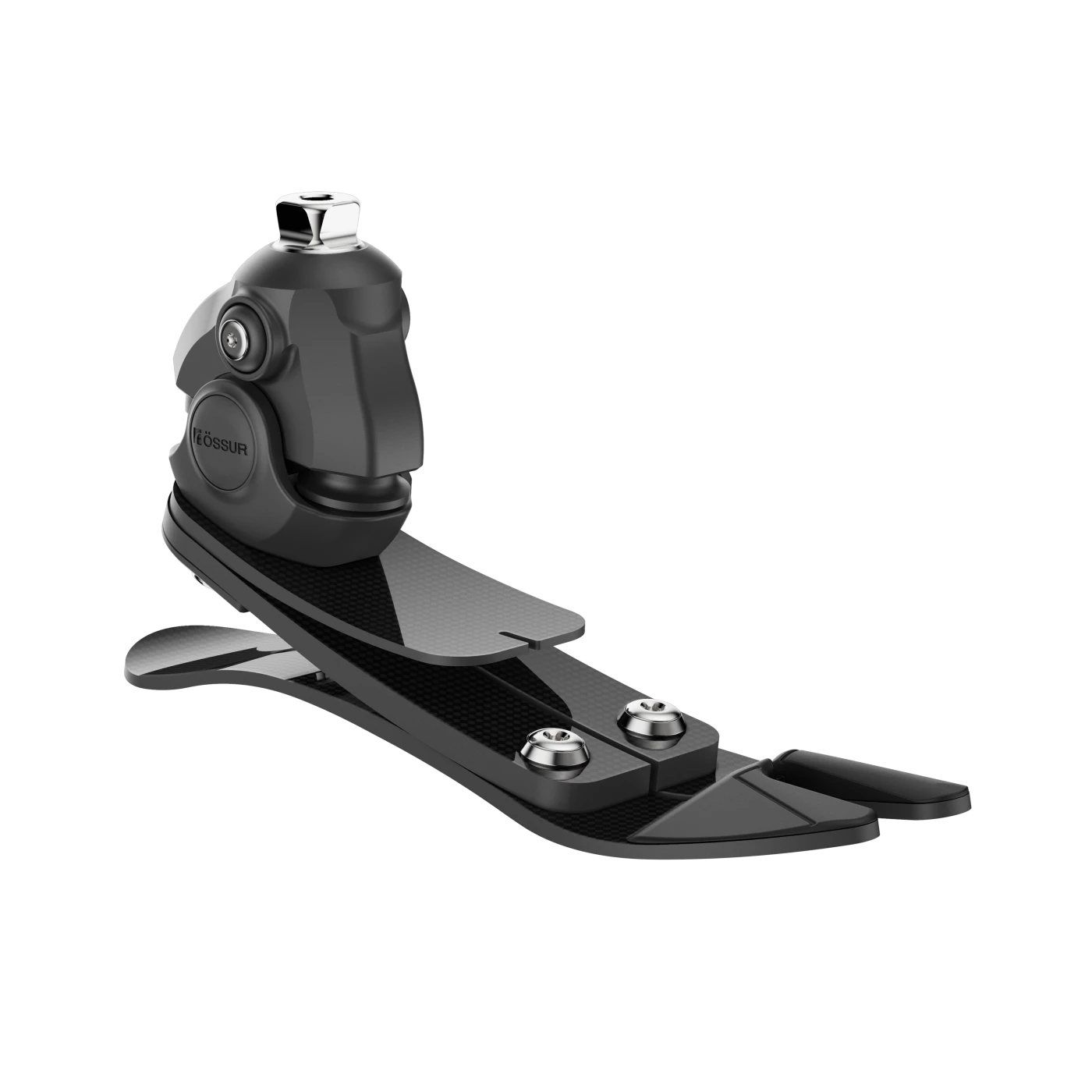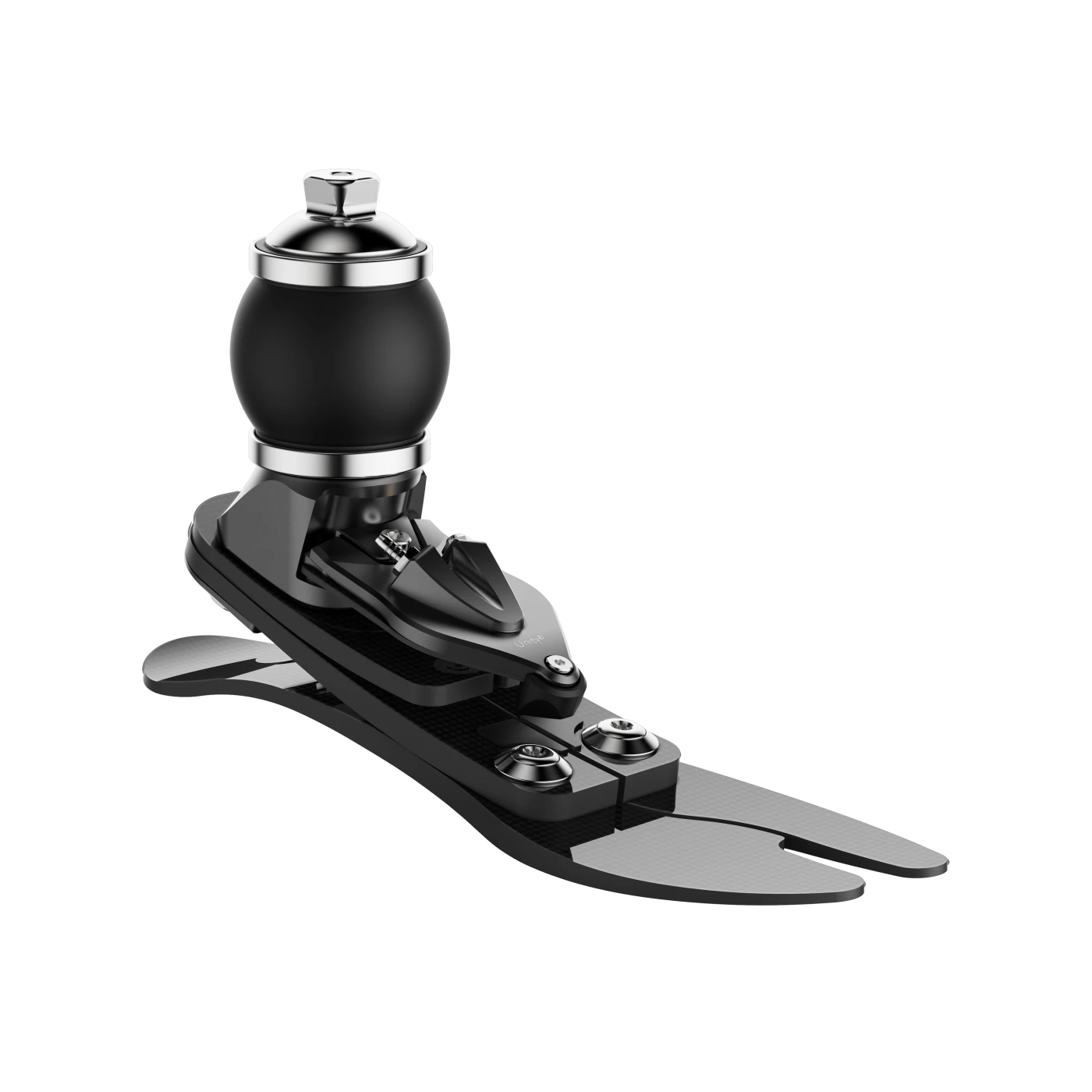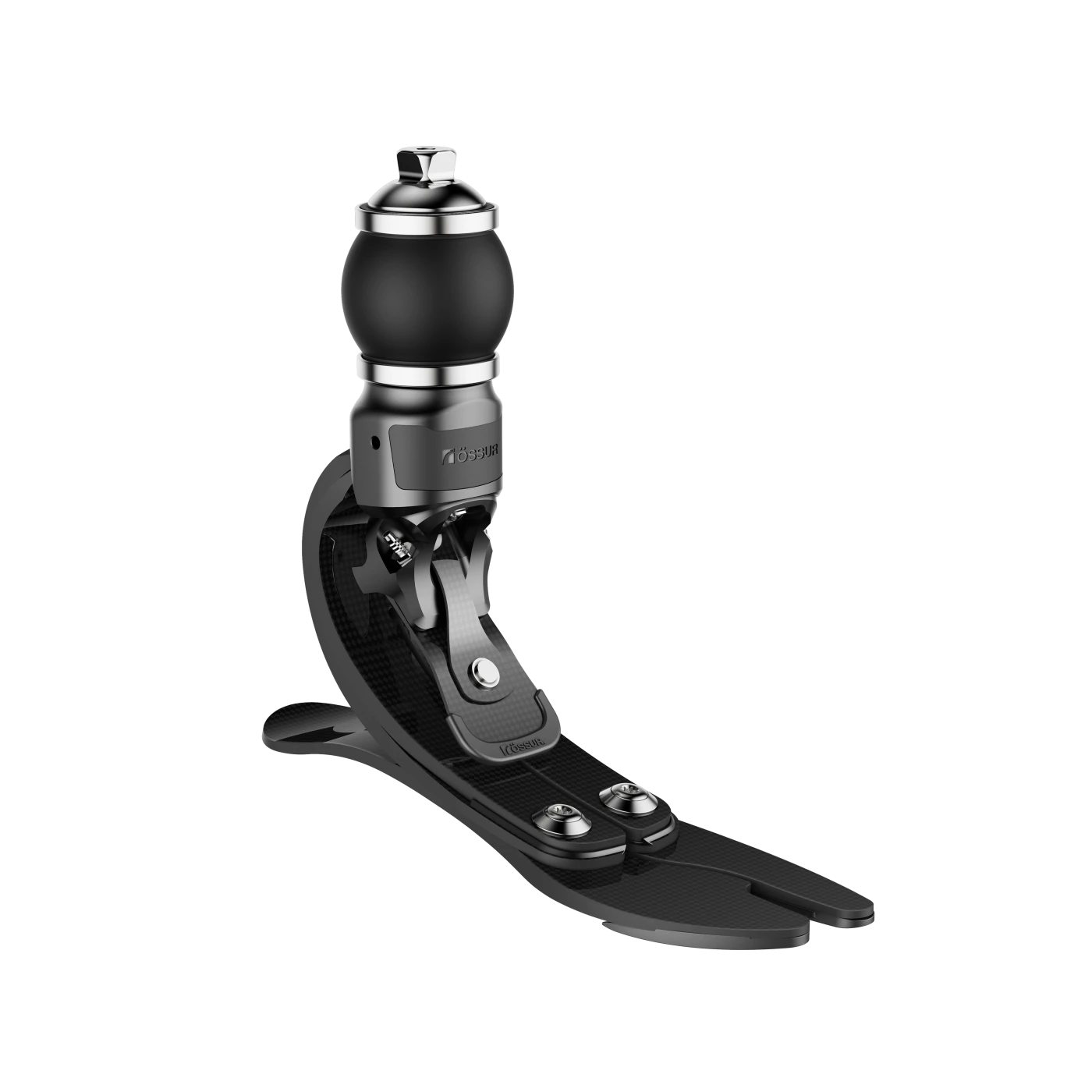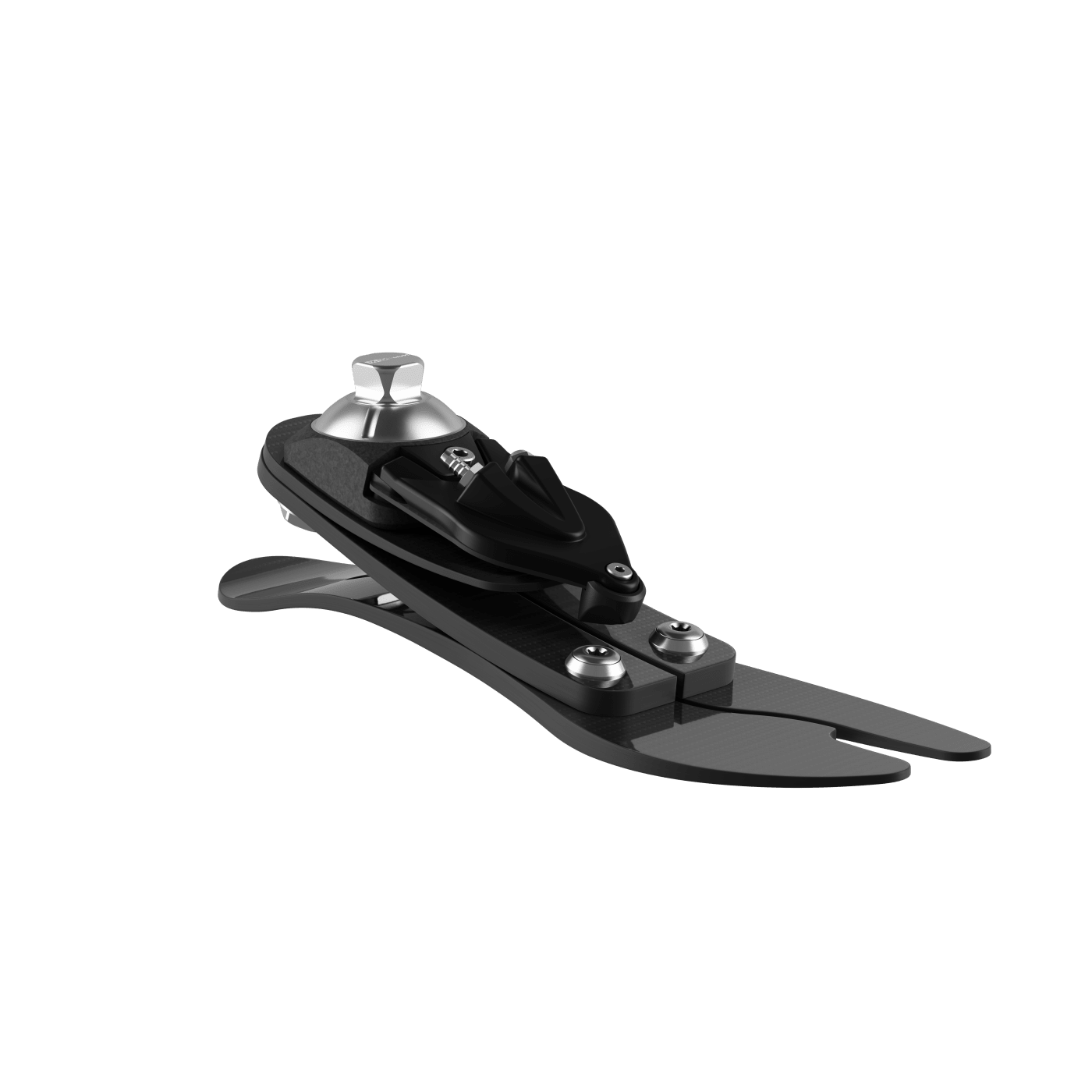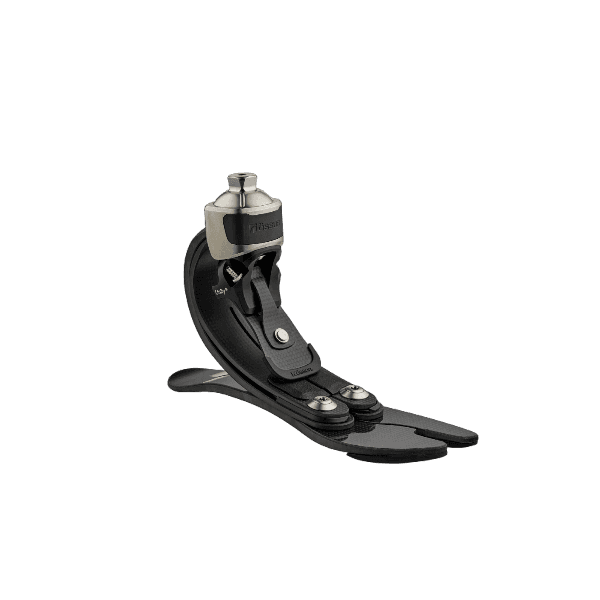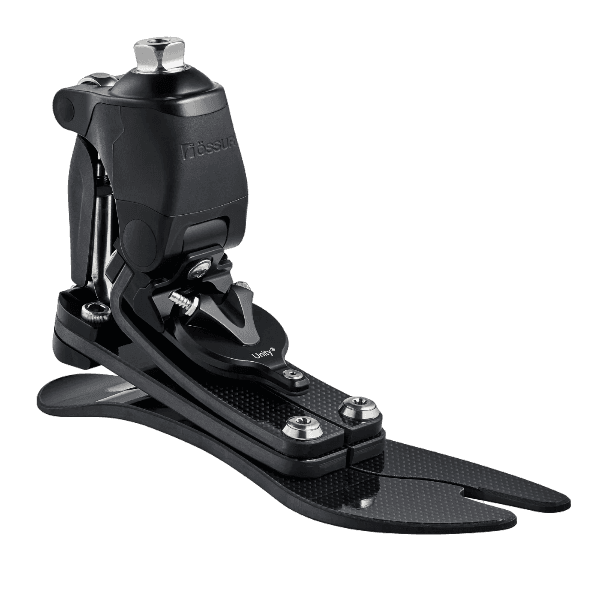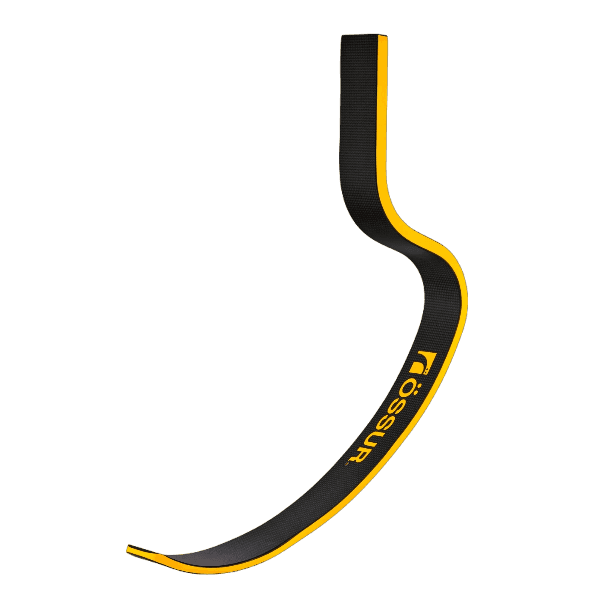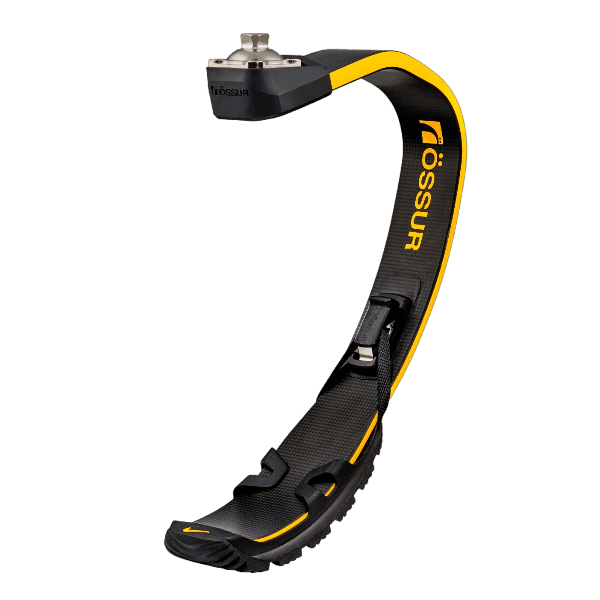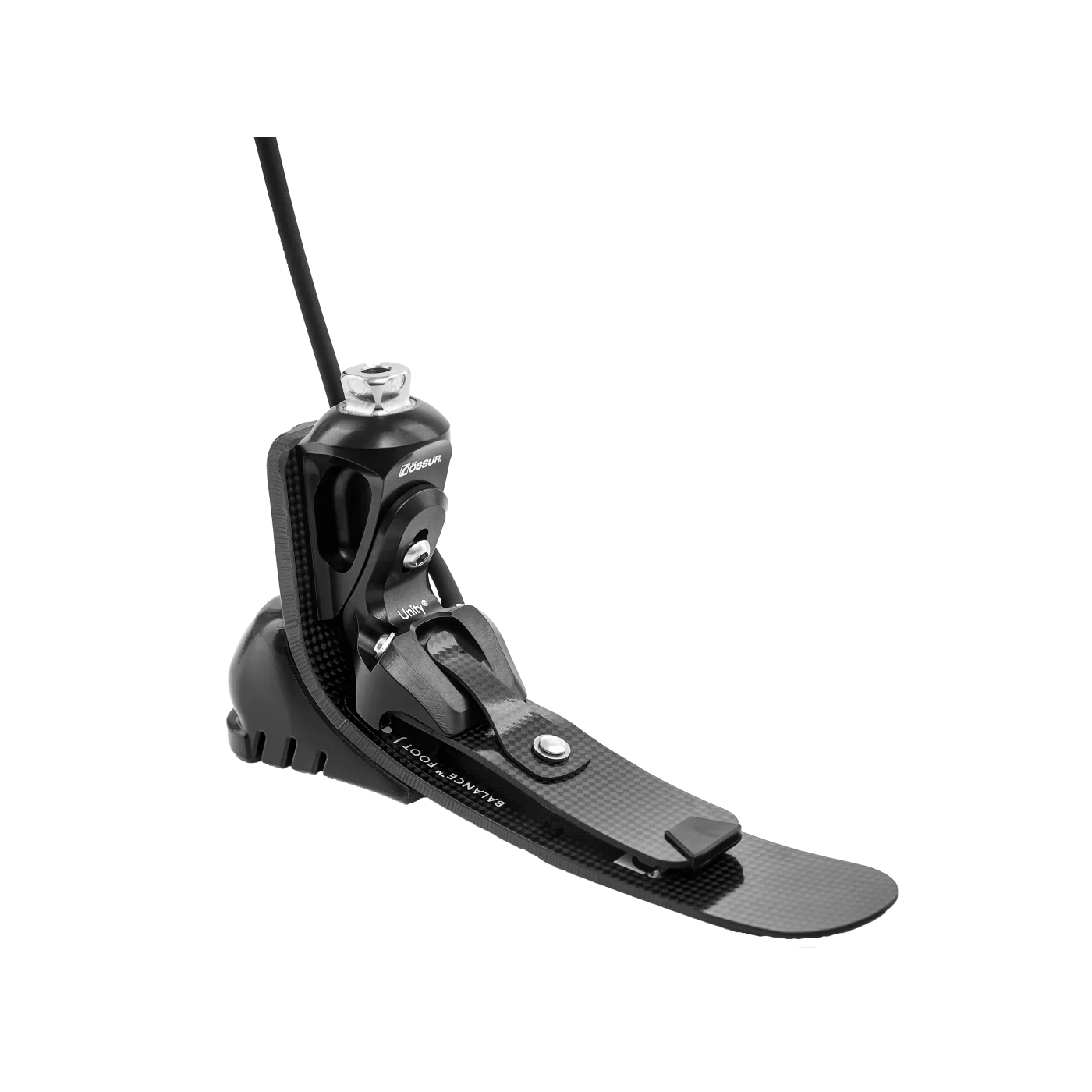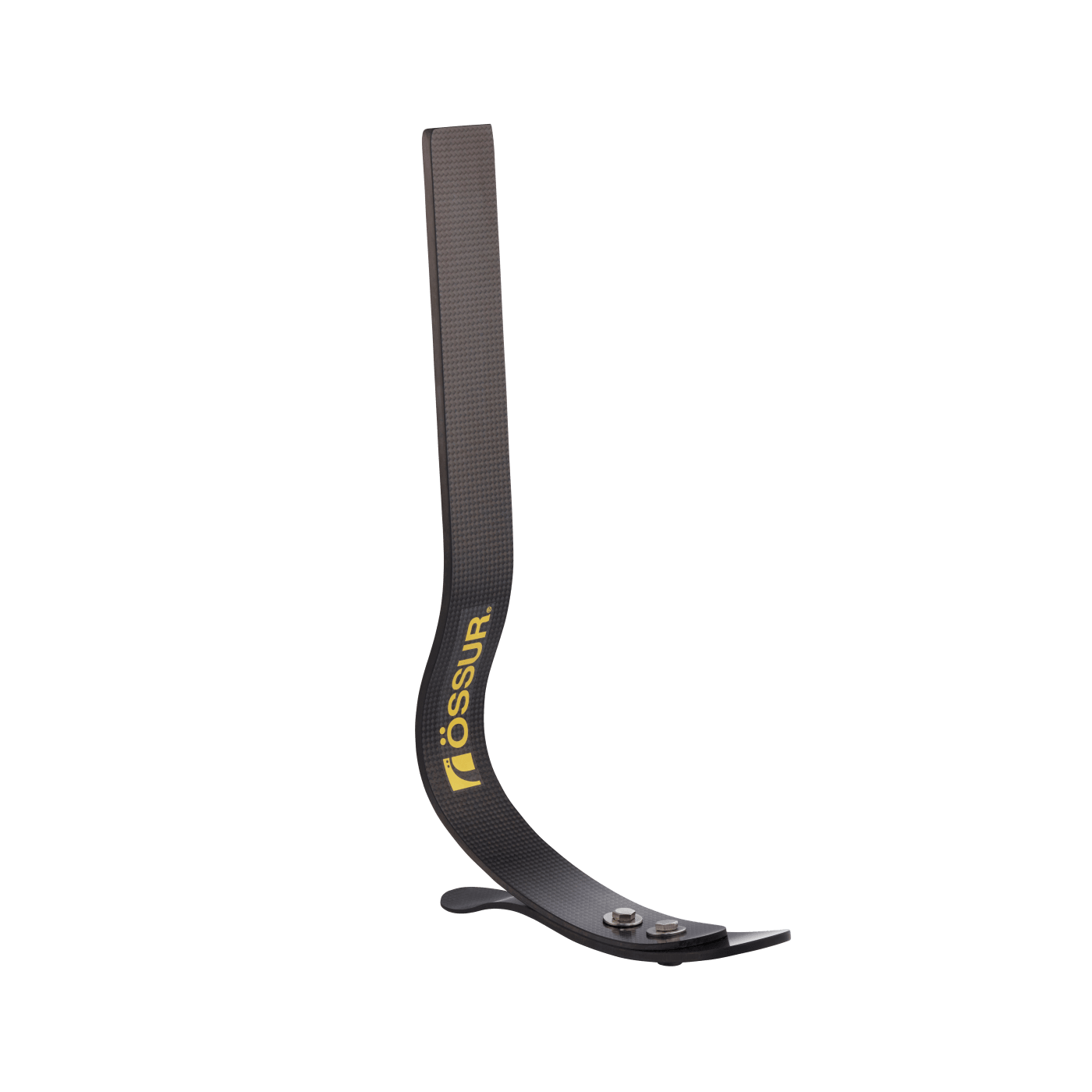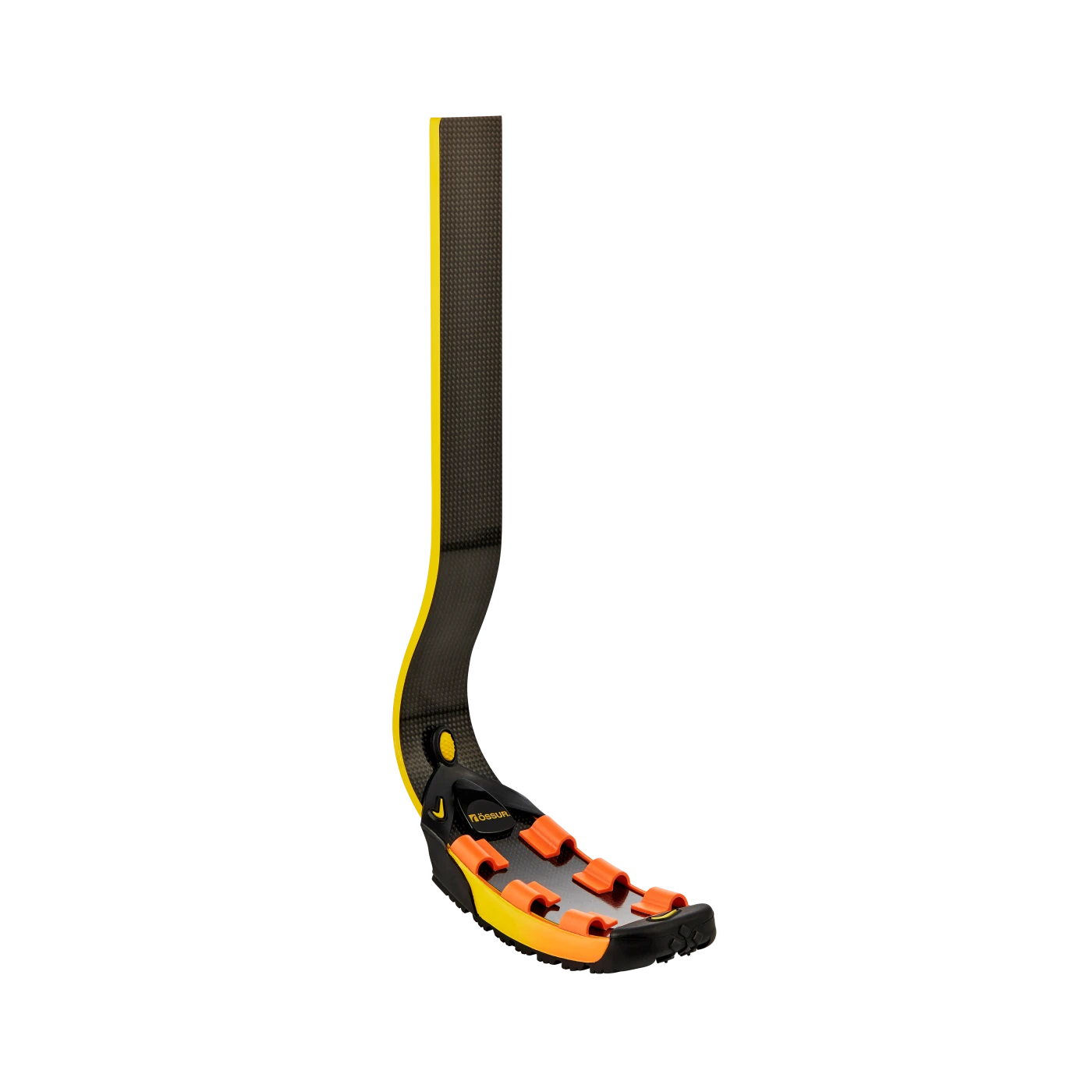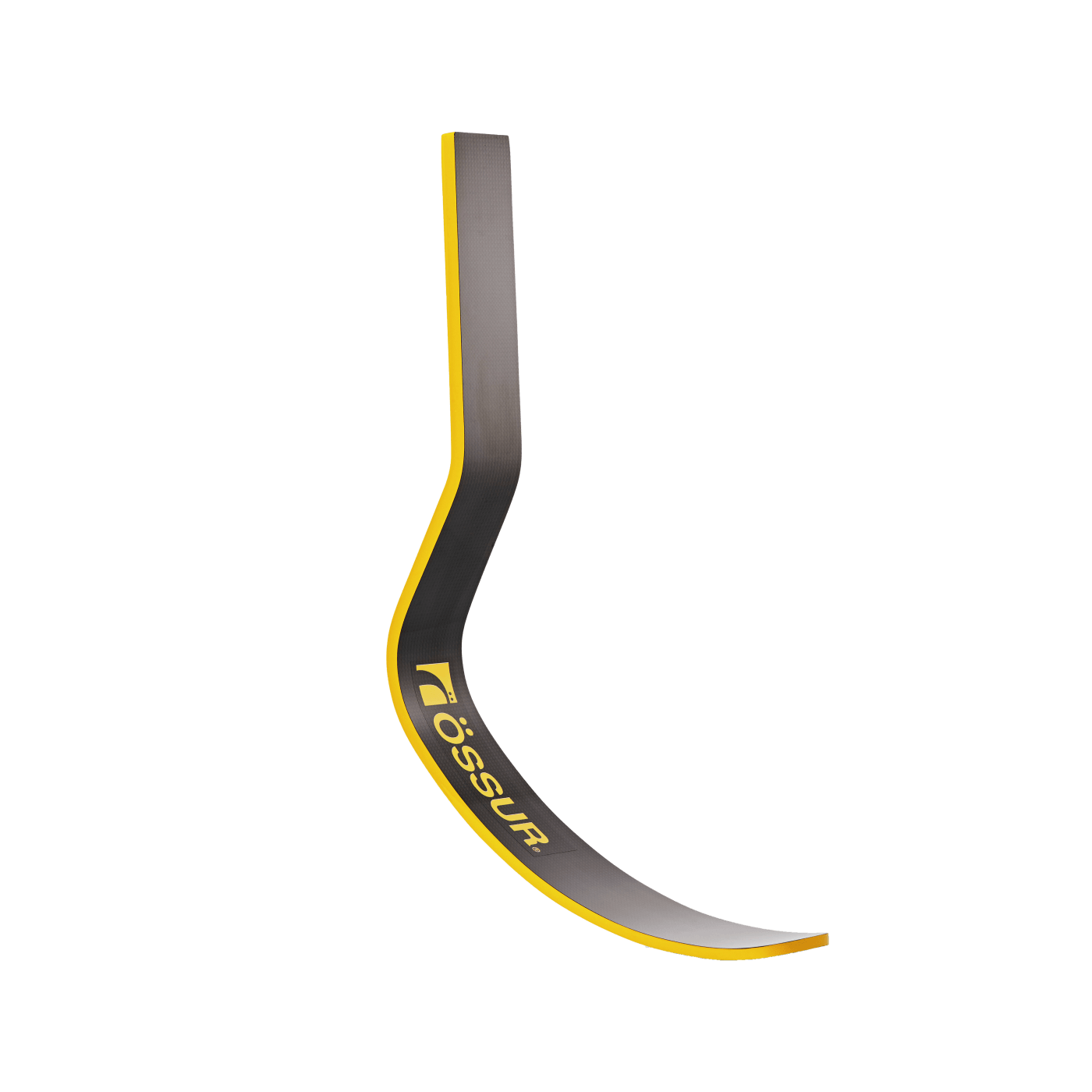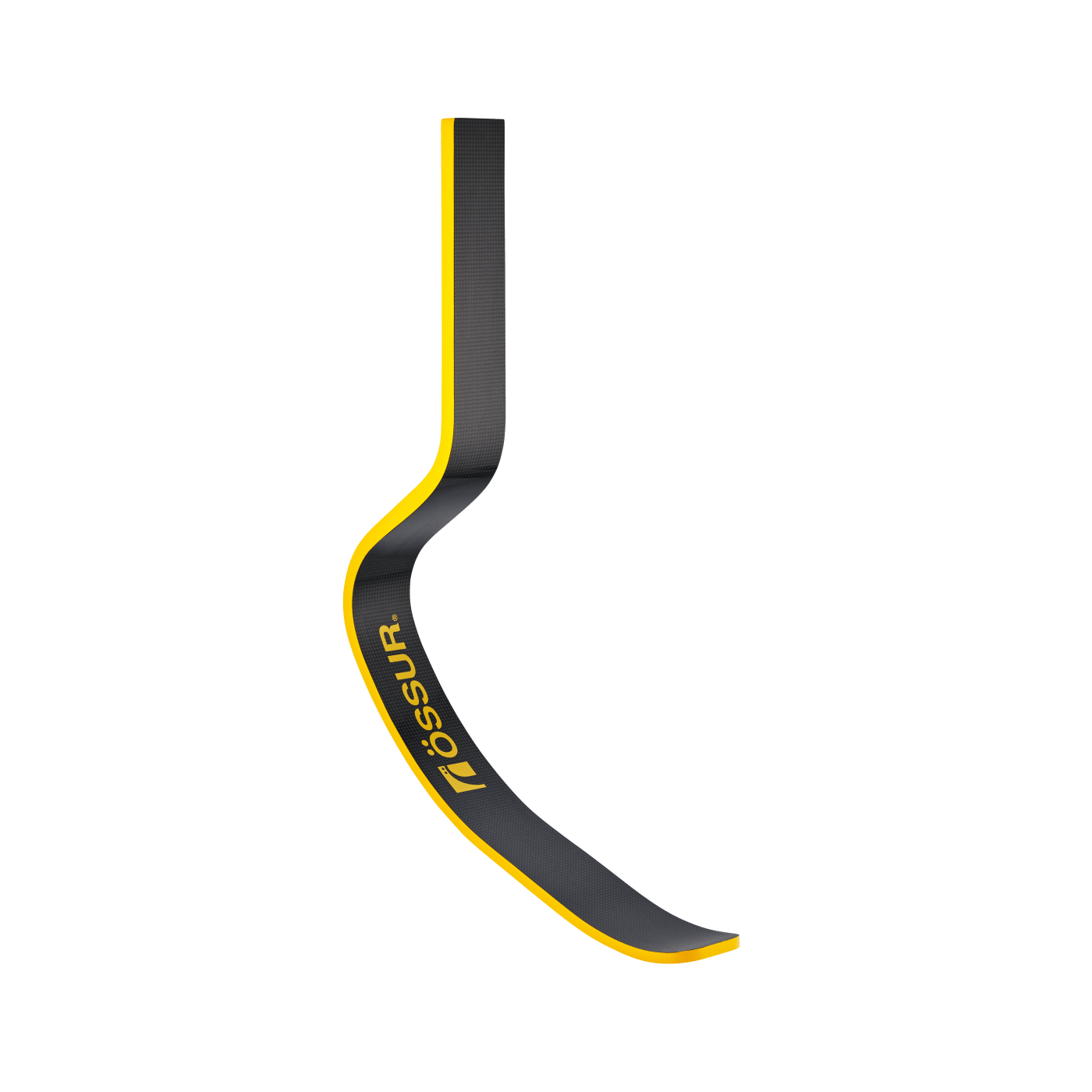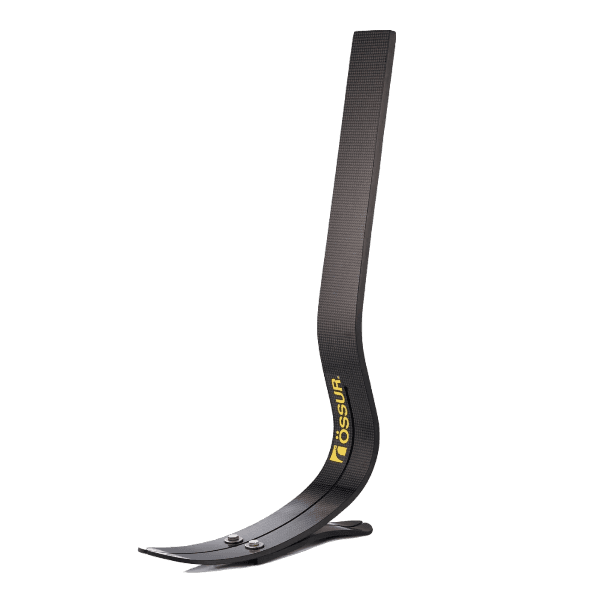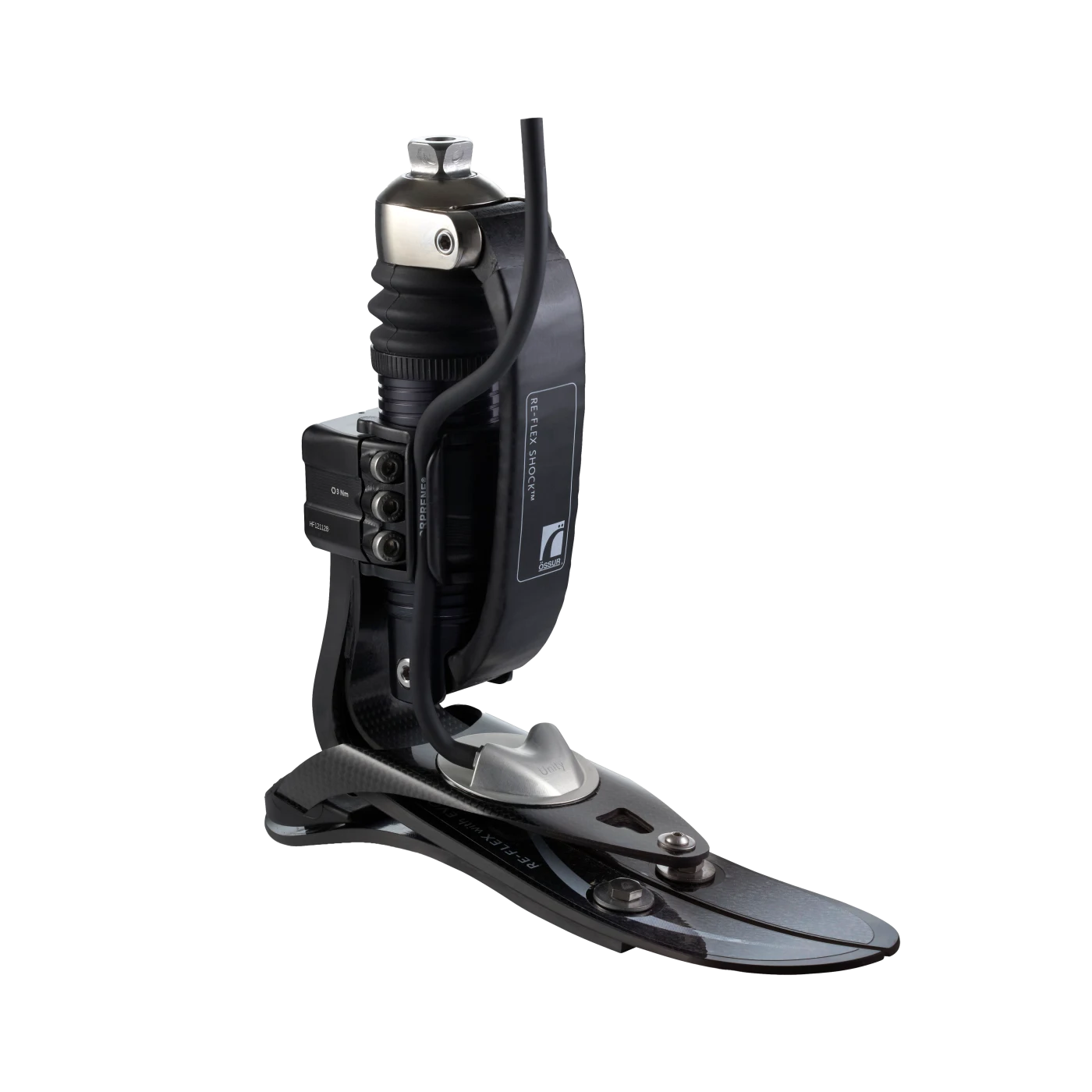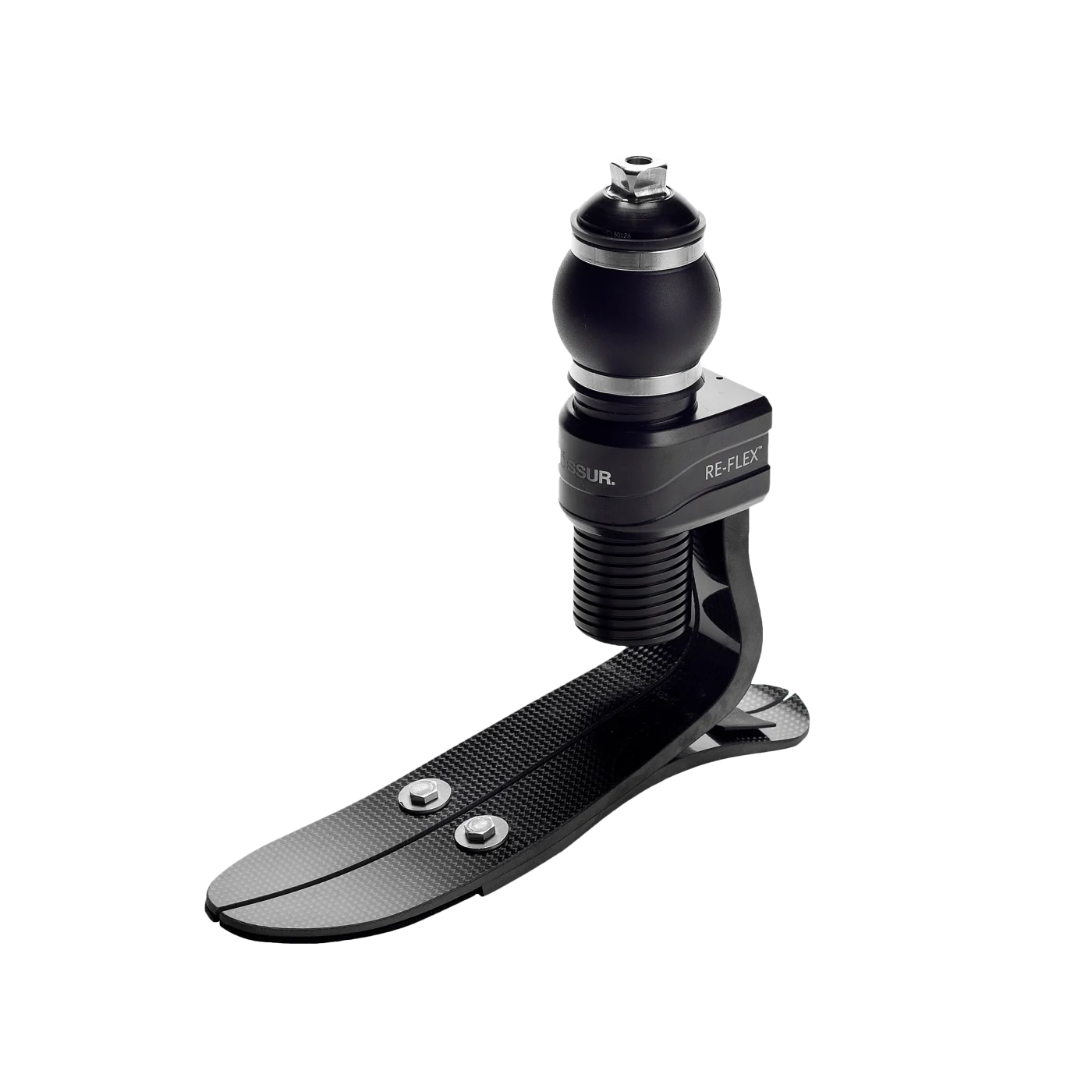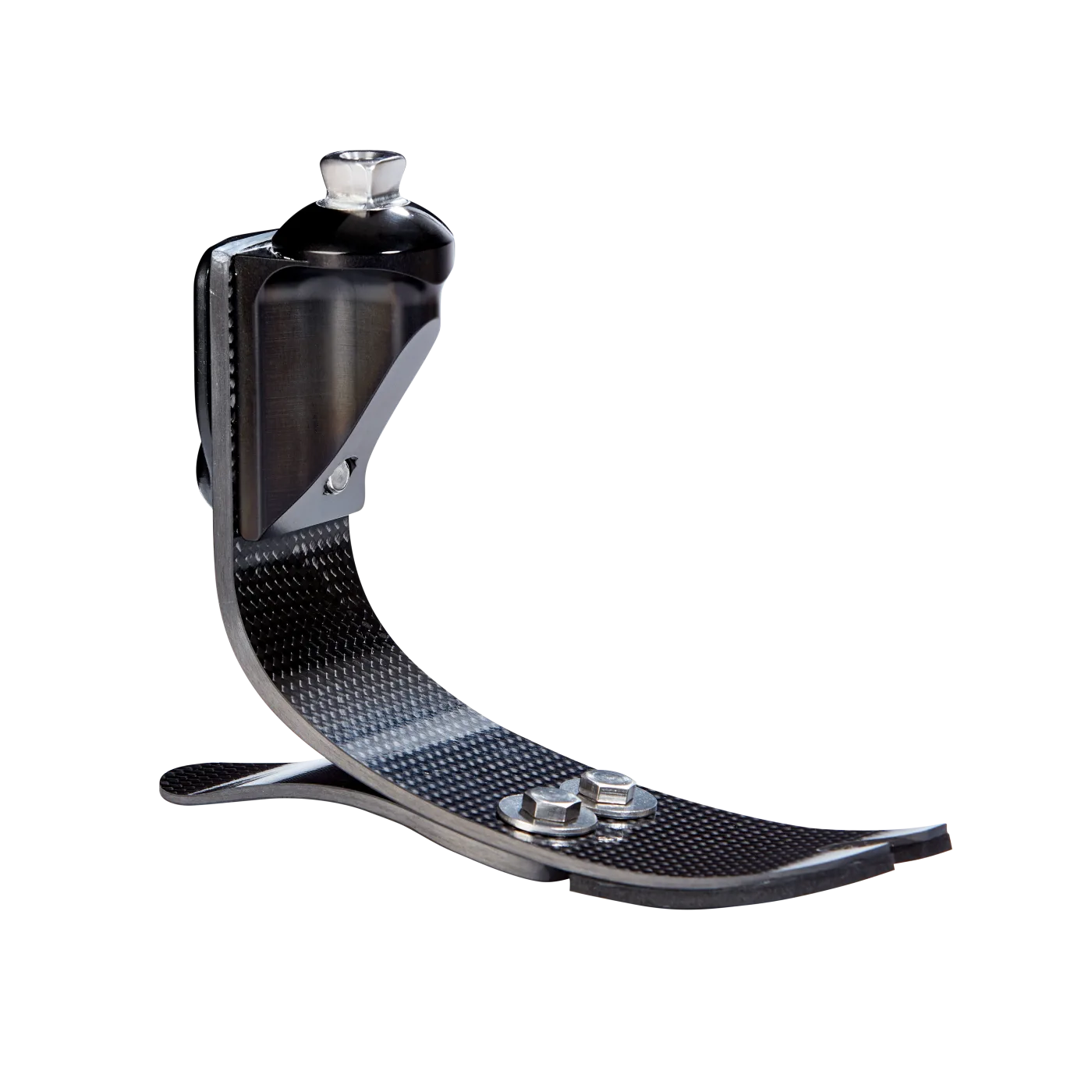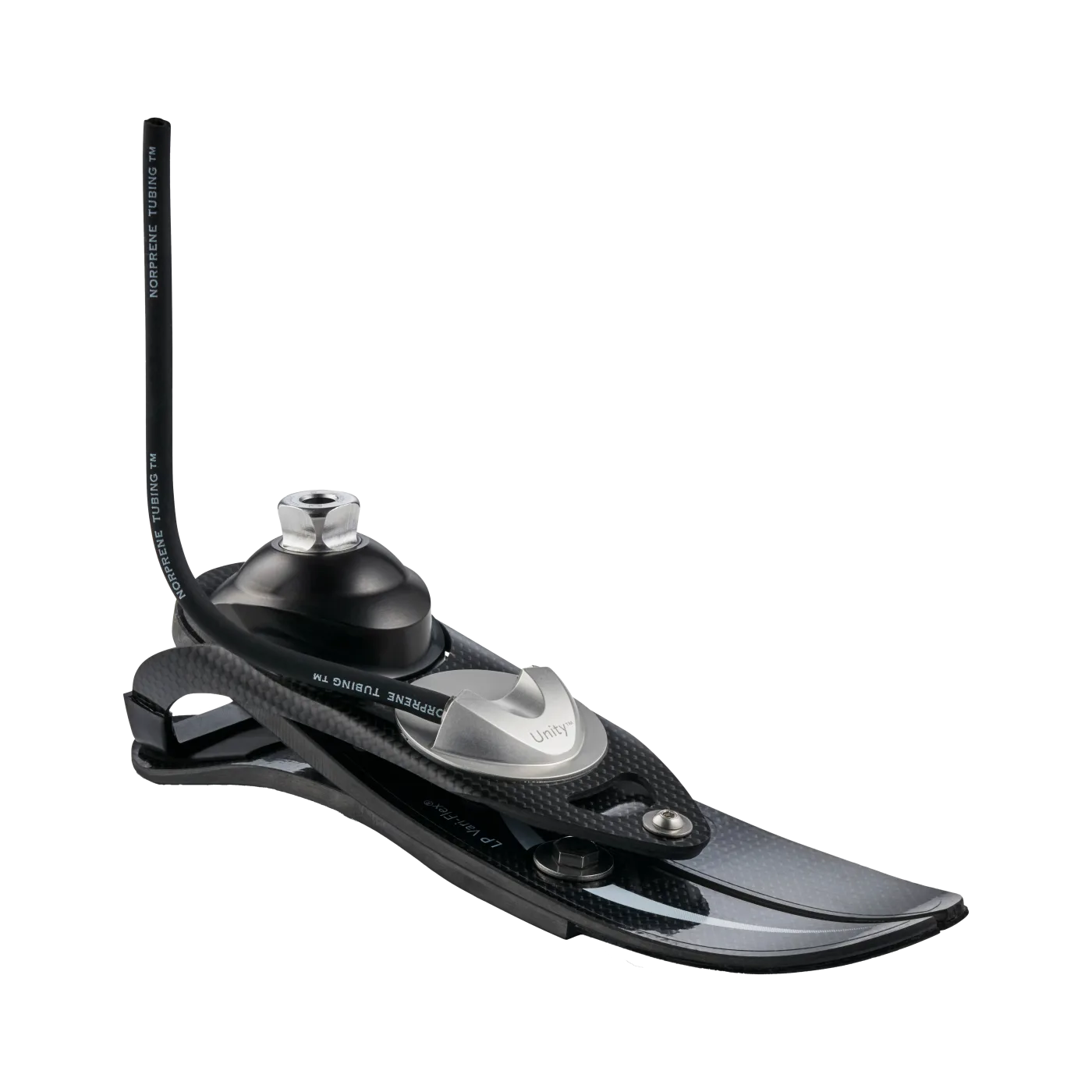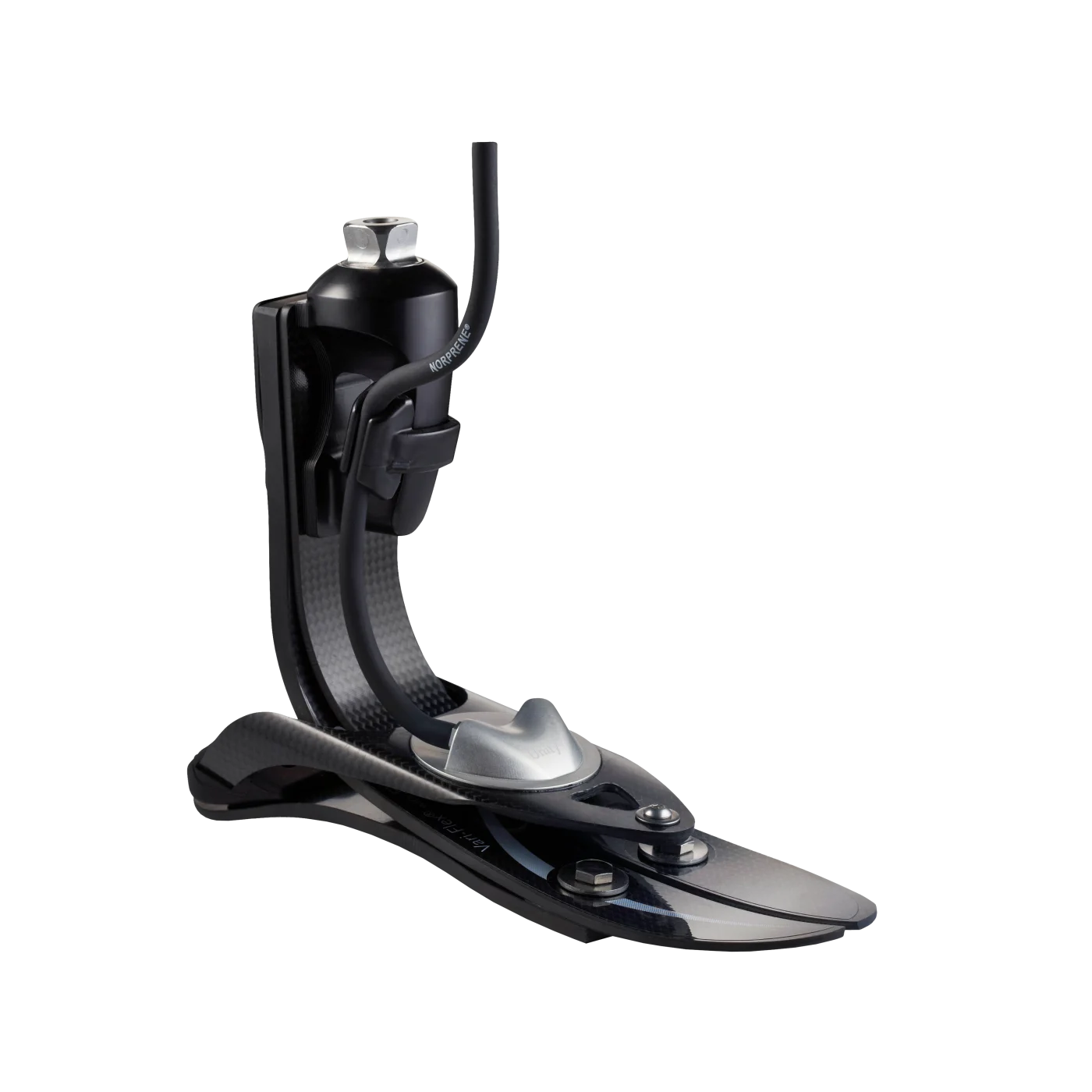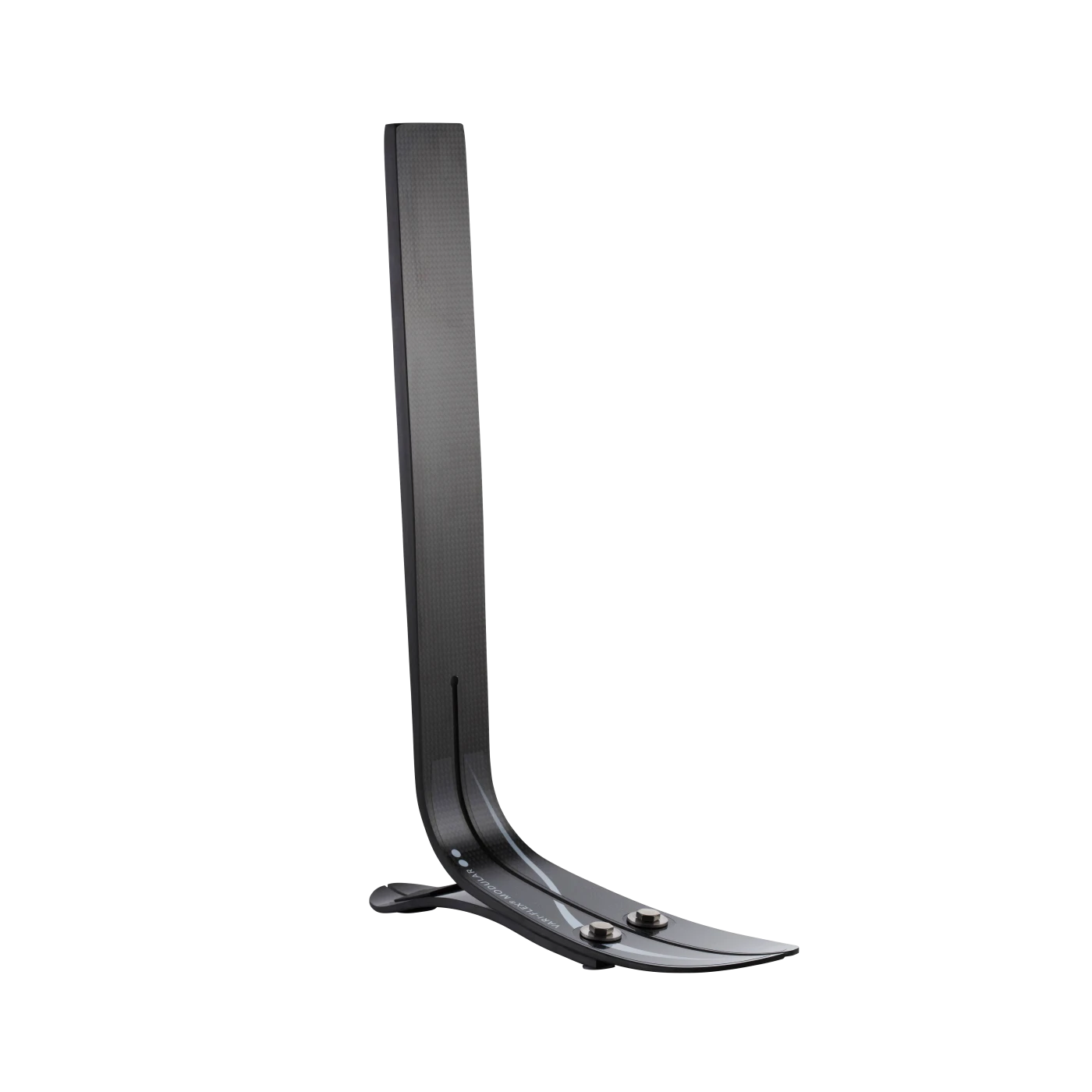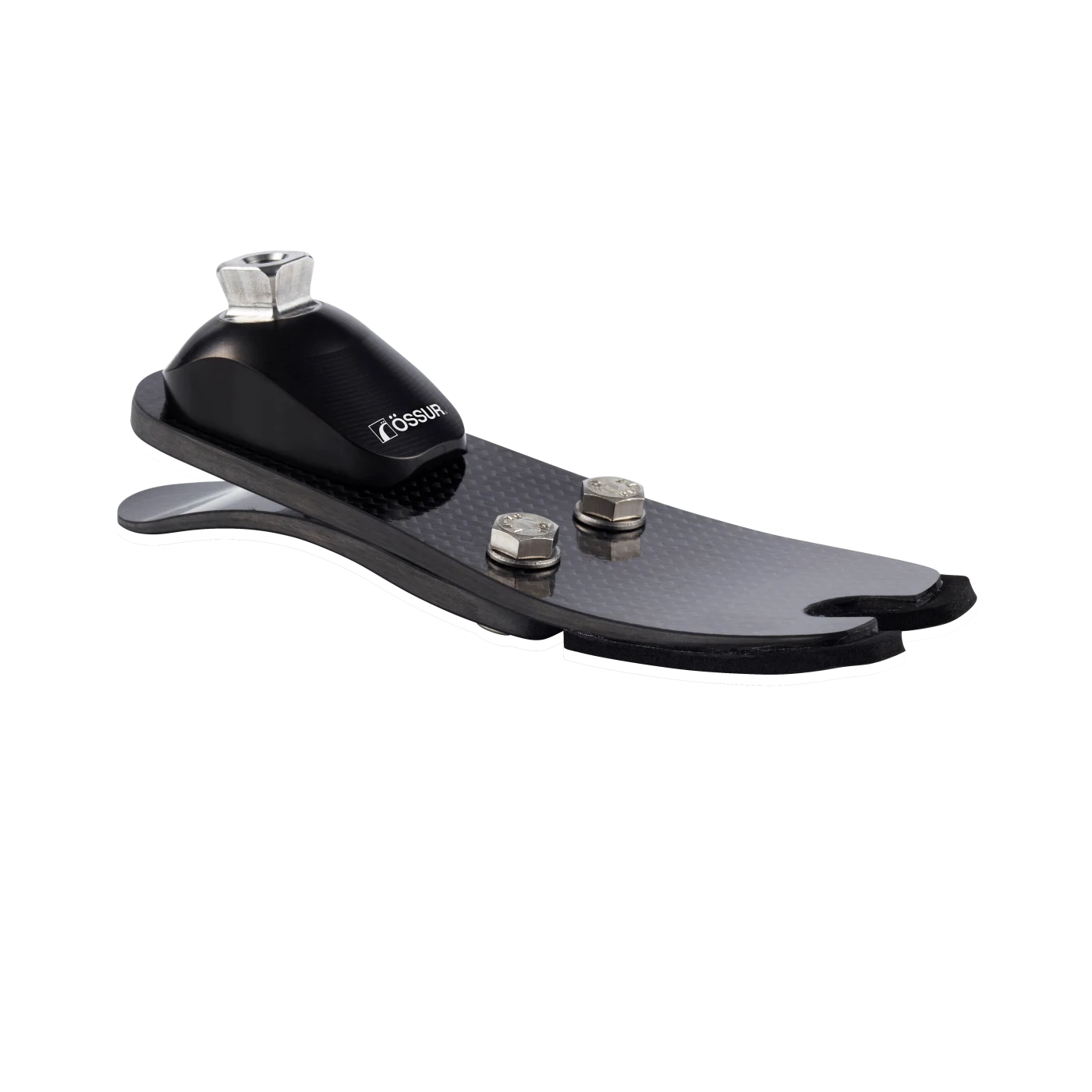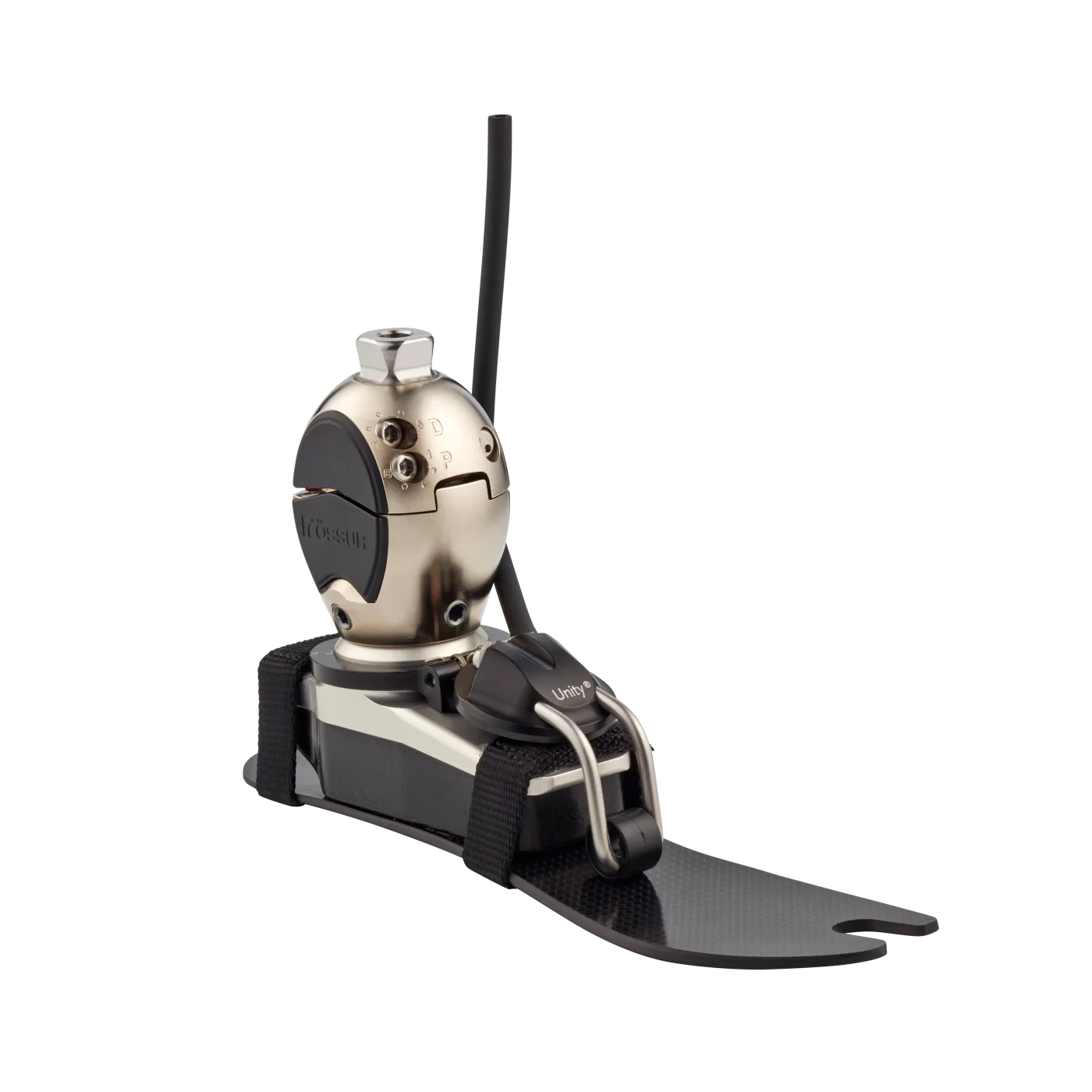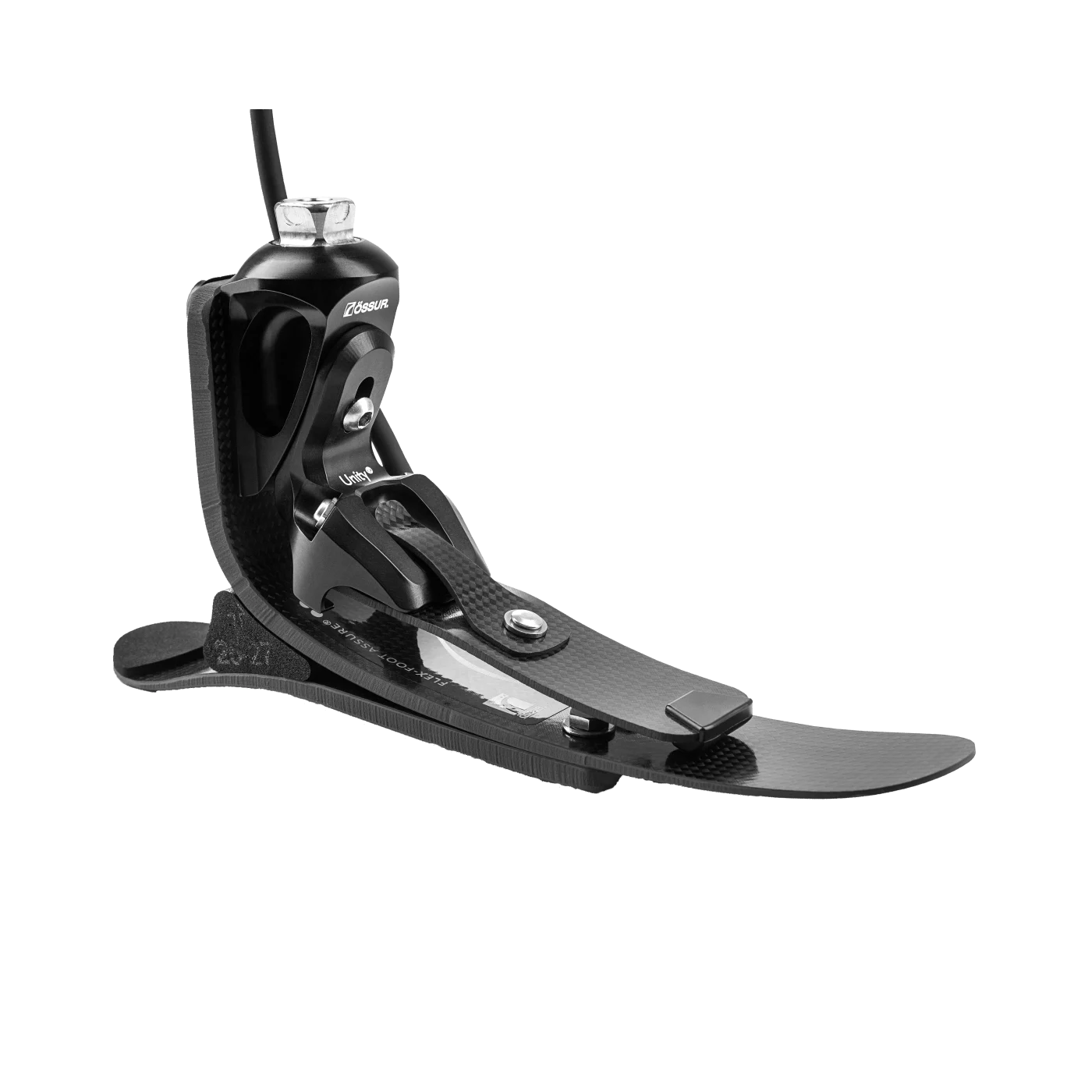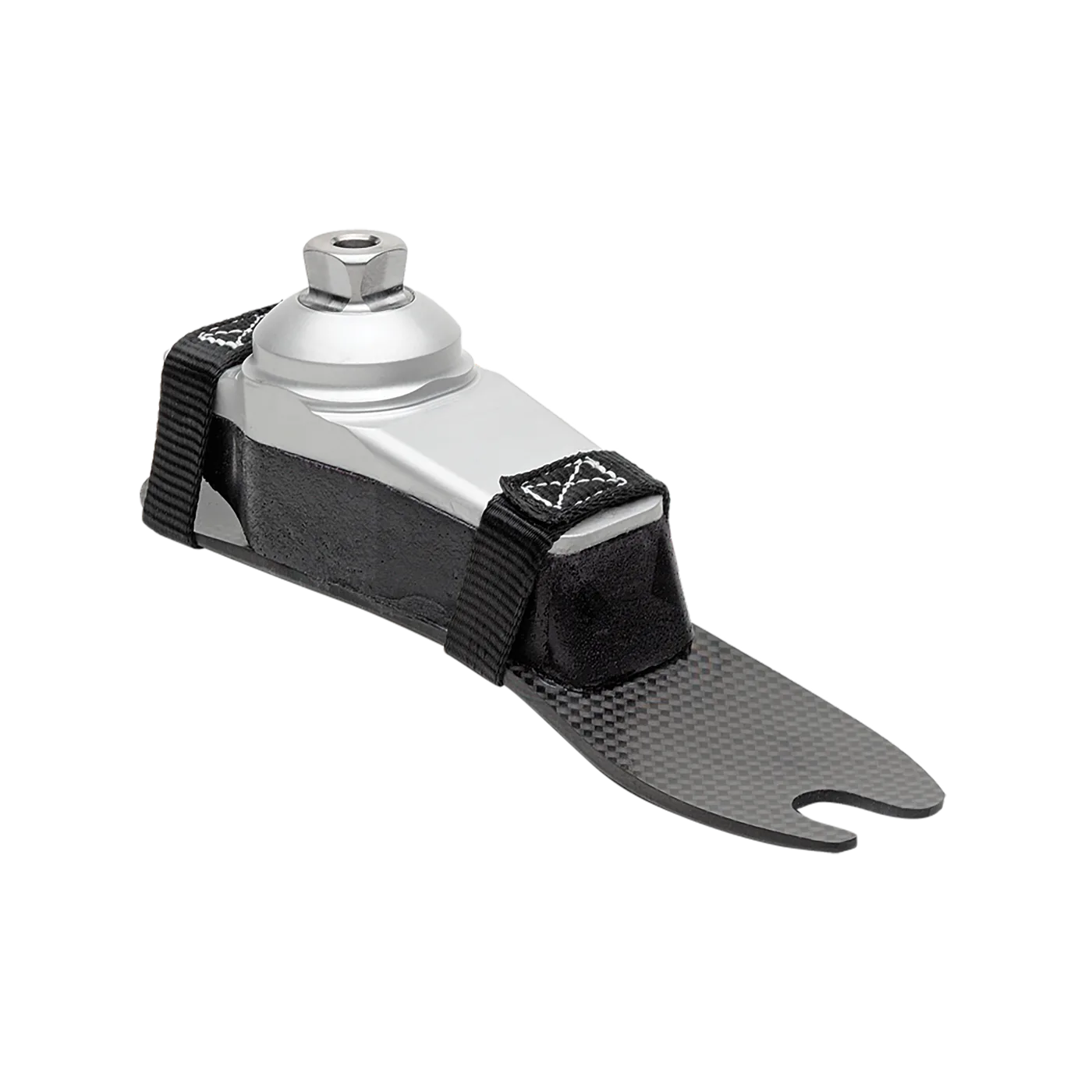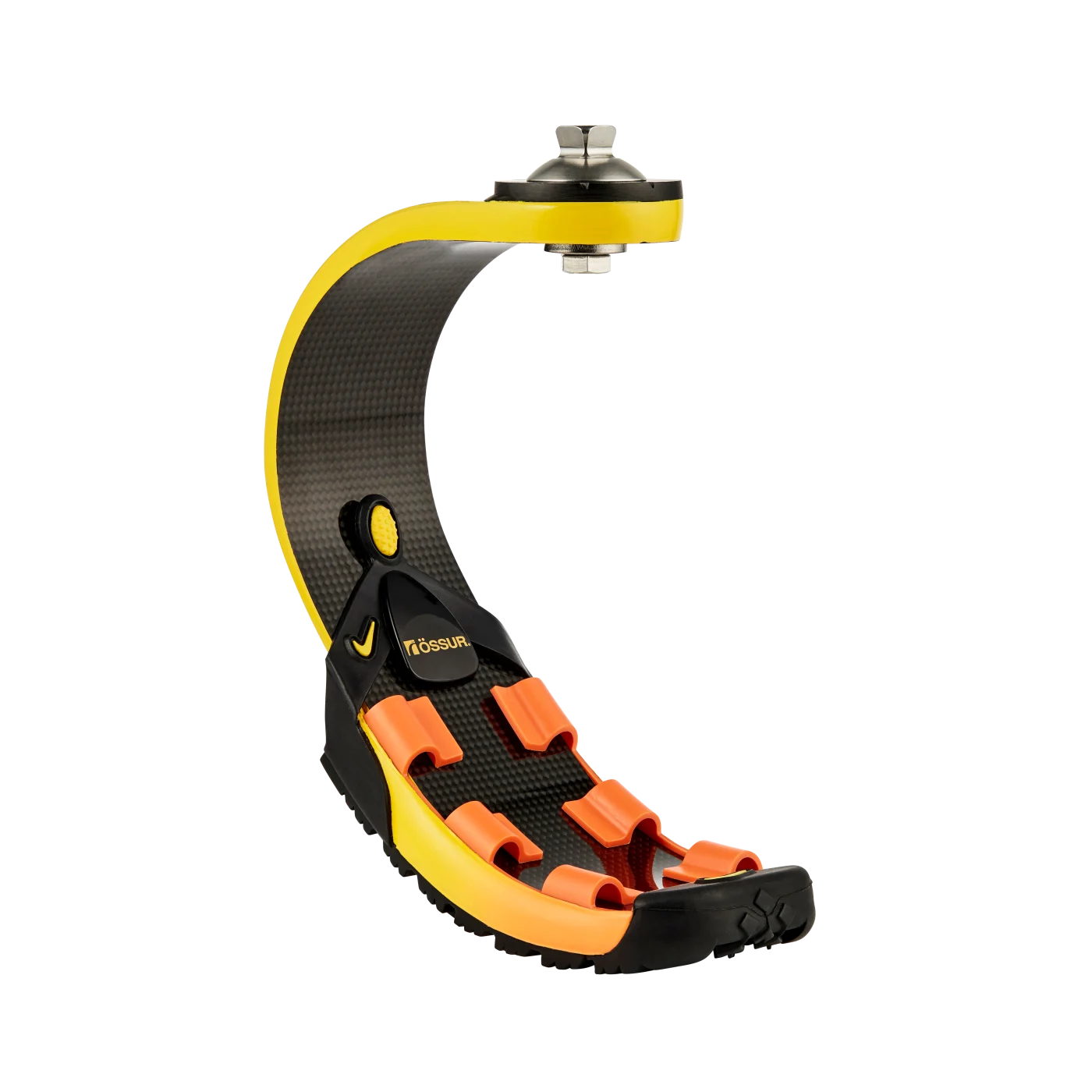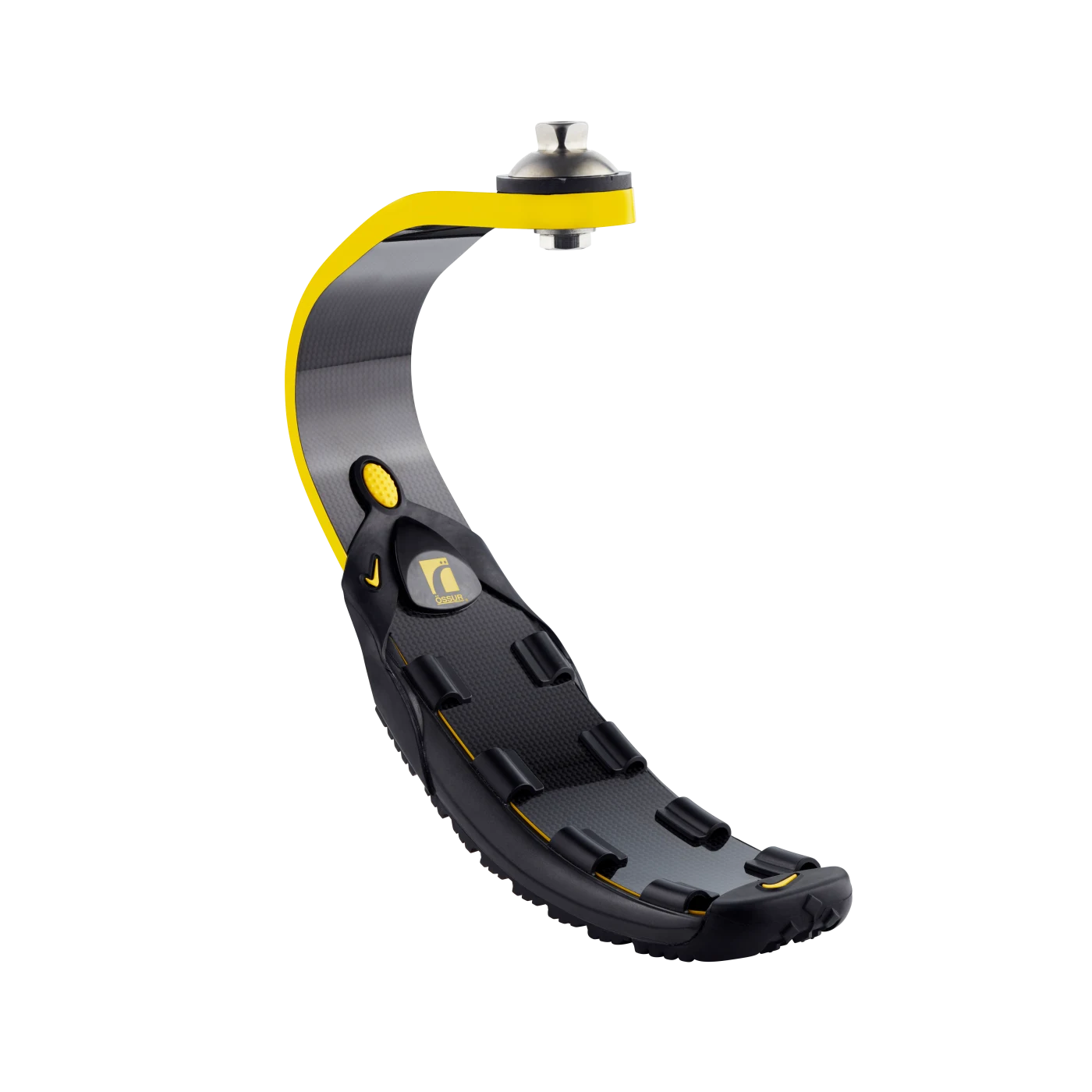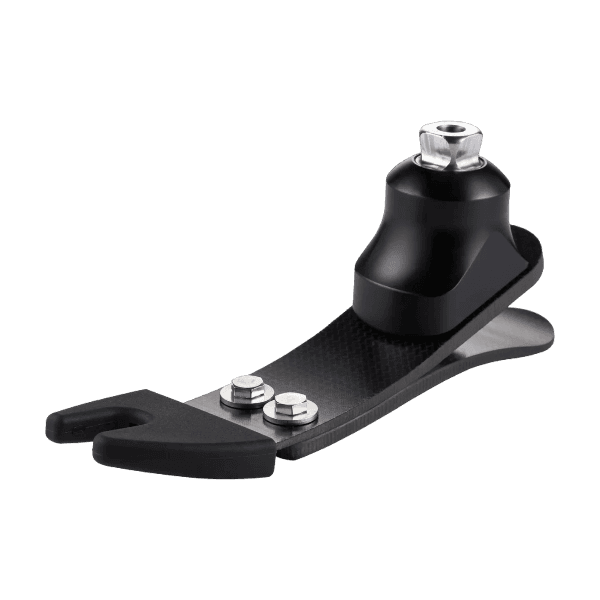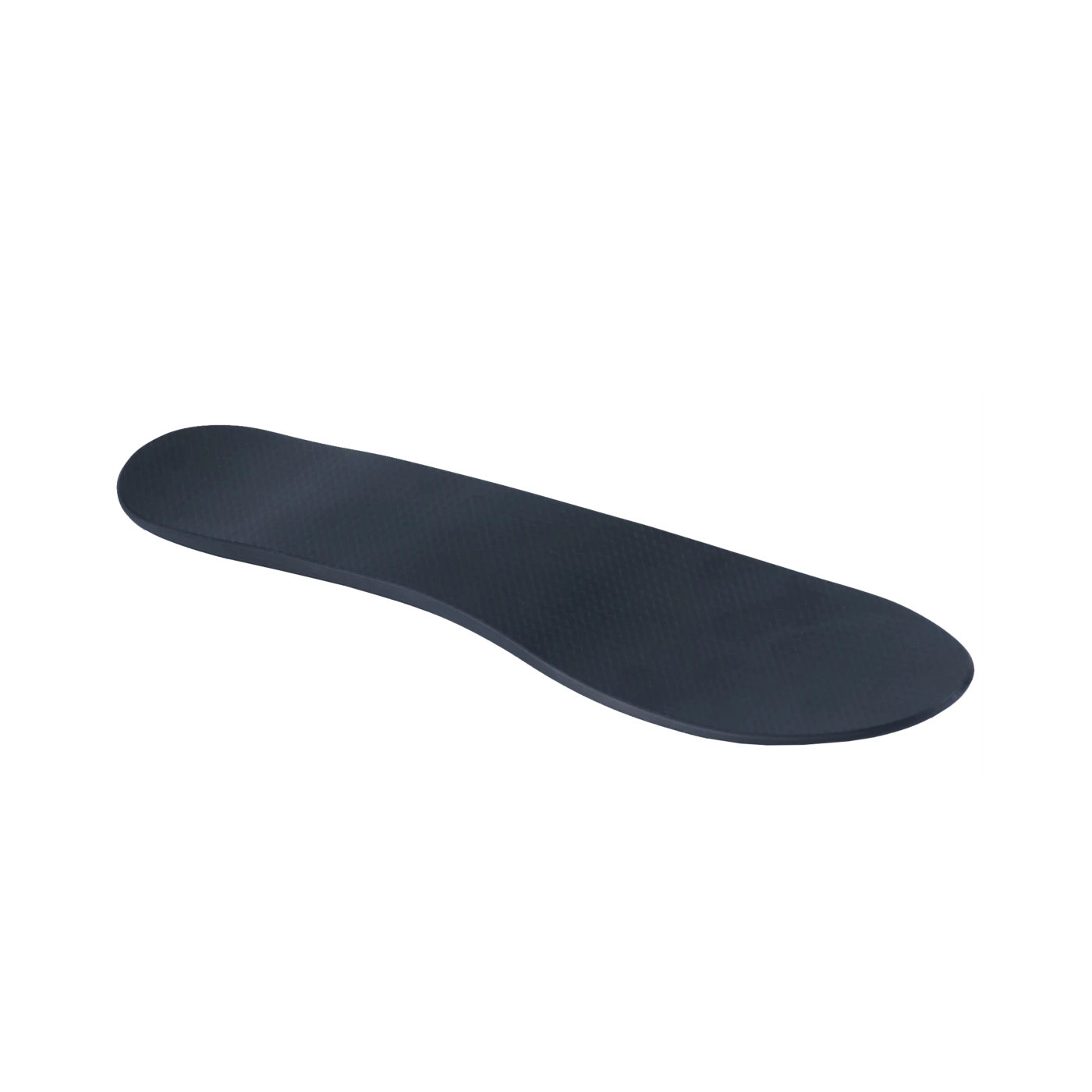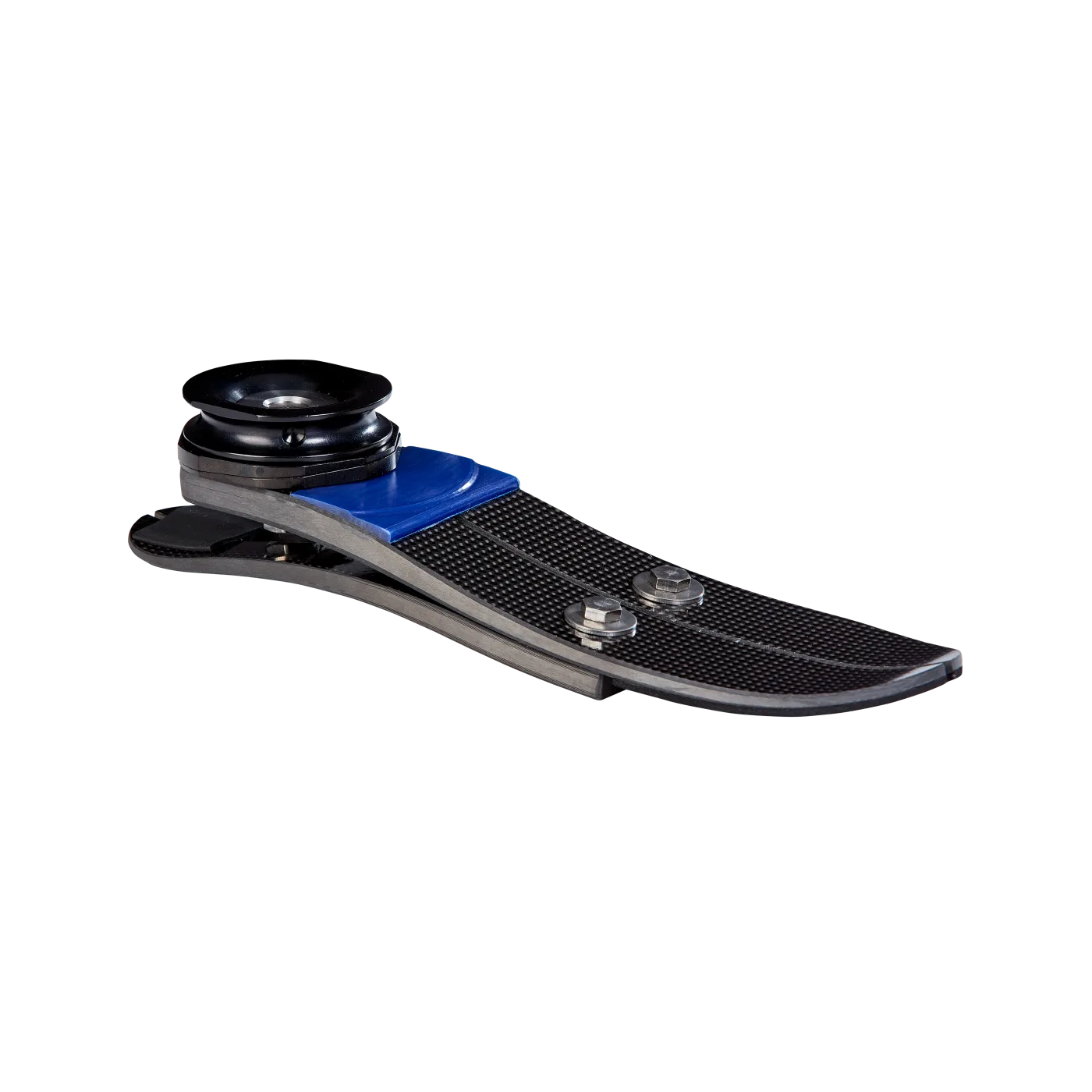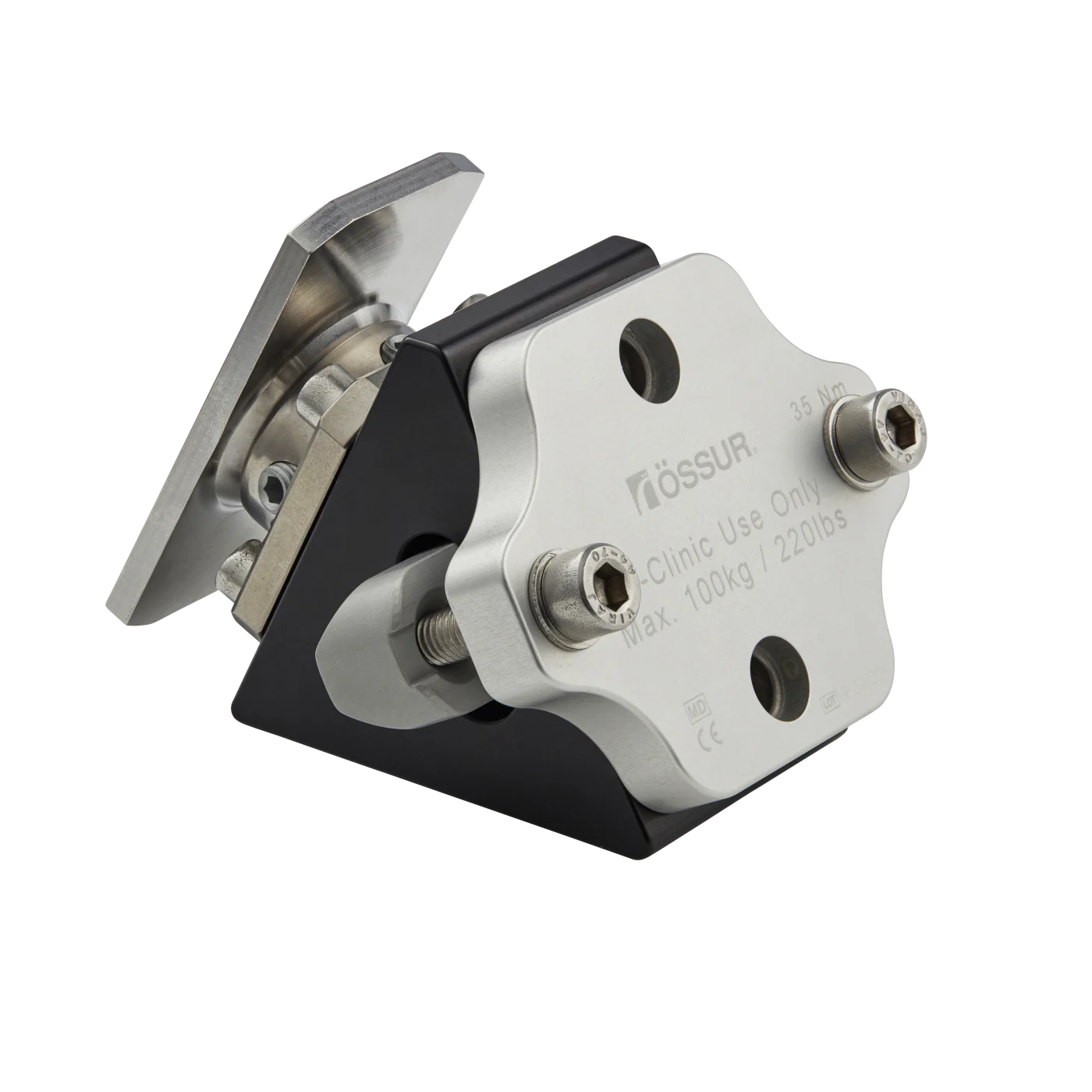Prosthetics
Prosthetics
Prosthetics play a vital role in the musculoskeletal system, particularly in individuals who have suffered from amputations or injuries that result in the loss of a limb. Prosthetics are artificial devices designed to replace or supplement a missing or damaged part of the body, allowing individuals to regain mobility, independence, and functionality.
The need for prosthetics in the musculoskeletal system arises when an individual suffers an amputation or injury that results in the loss of a limb. This can occur due to various reasons such as trauma, disease, or congenital defects. The loss of a limb can significantly impact an individual's daily life, making it difficult to perform even the simplest tasks.
Prosthetics help to restore function and mobility by providing a replacement for the missing limb. They are designed to mimic the natural movement and function of the original limb, allowing individuals to engage in activities such as walking, running, climbing, and even sports. Prosthetics can be customized to fit each individual's specific needs and can be adjusted as needed to ensure optimal fit and function.
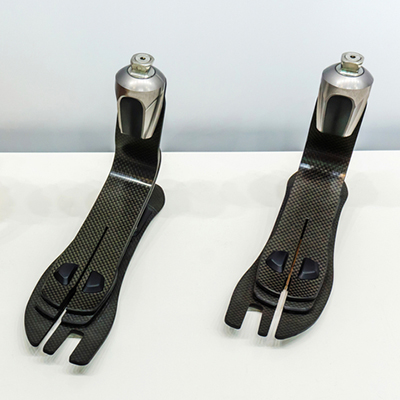
In addition to restoring mobility, prosthetics also provide numerous benefits for individuals with musculoskeletal disorders. They can help to:
- Reduce pain and discomfort associated with phantom limb pain
- Improve balance and stability
- Enhance confidence and self-esteem
- Promote independence and autonomy
- Allow individuals to participate in activities they previously thought were impossible
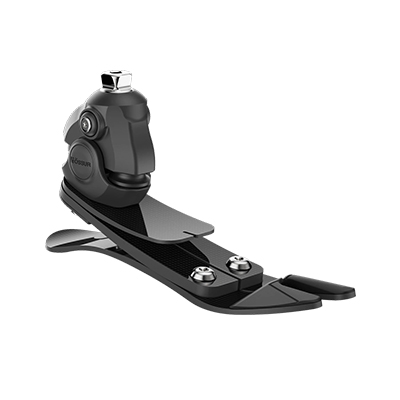
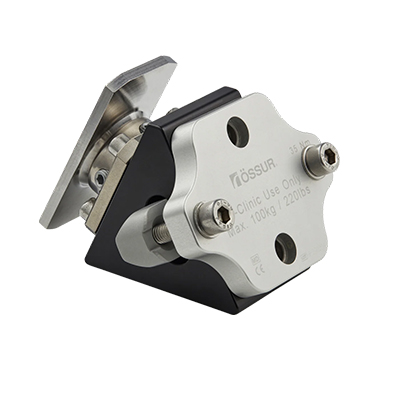

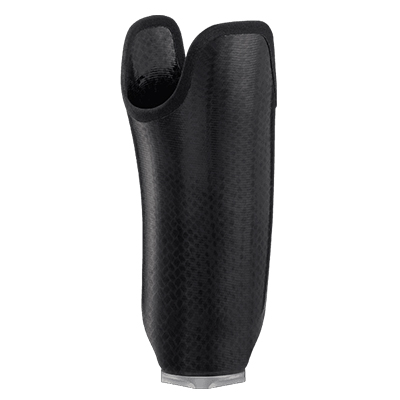
Lower Limb
Feet


Knee
Sockets
Liners & Sleeves























































